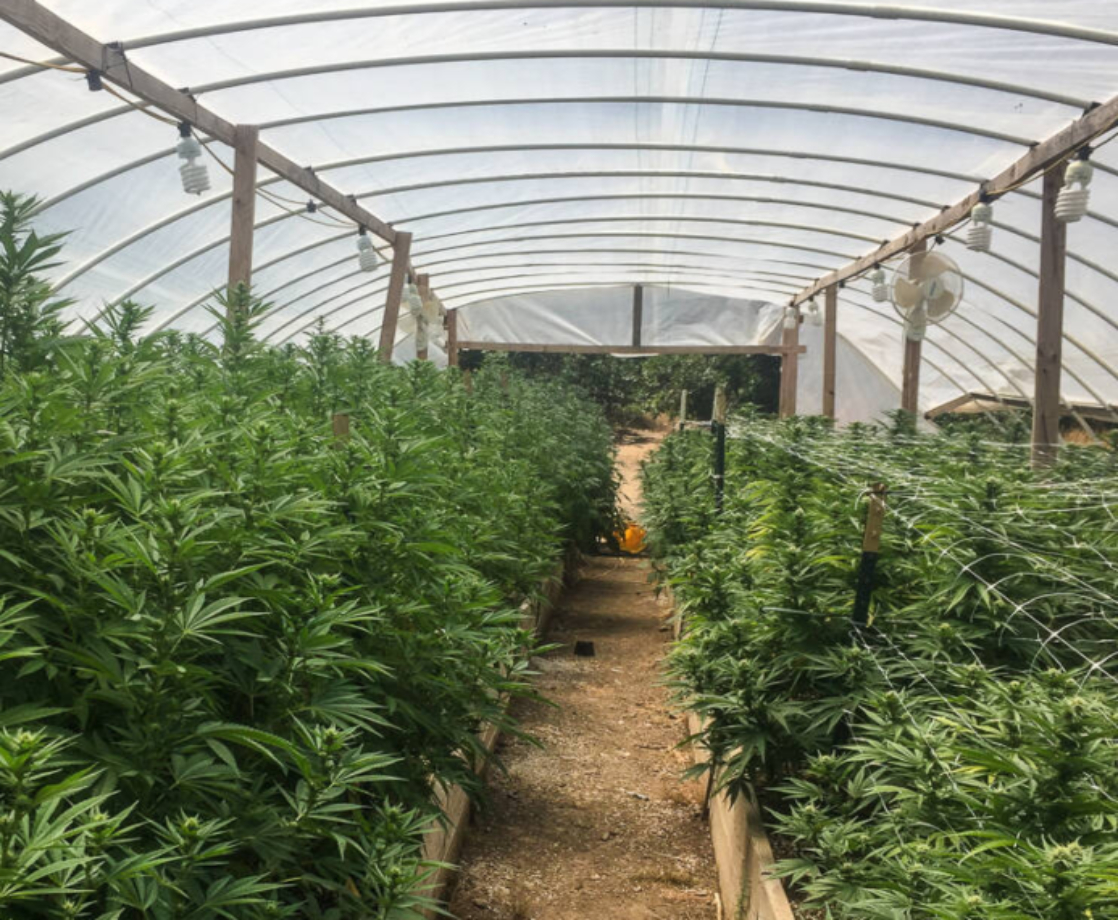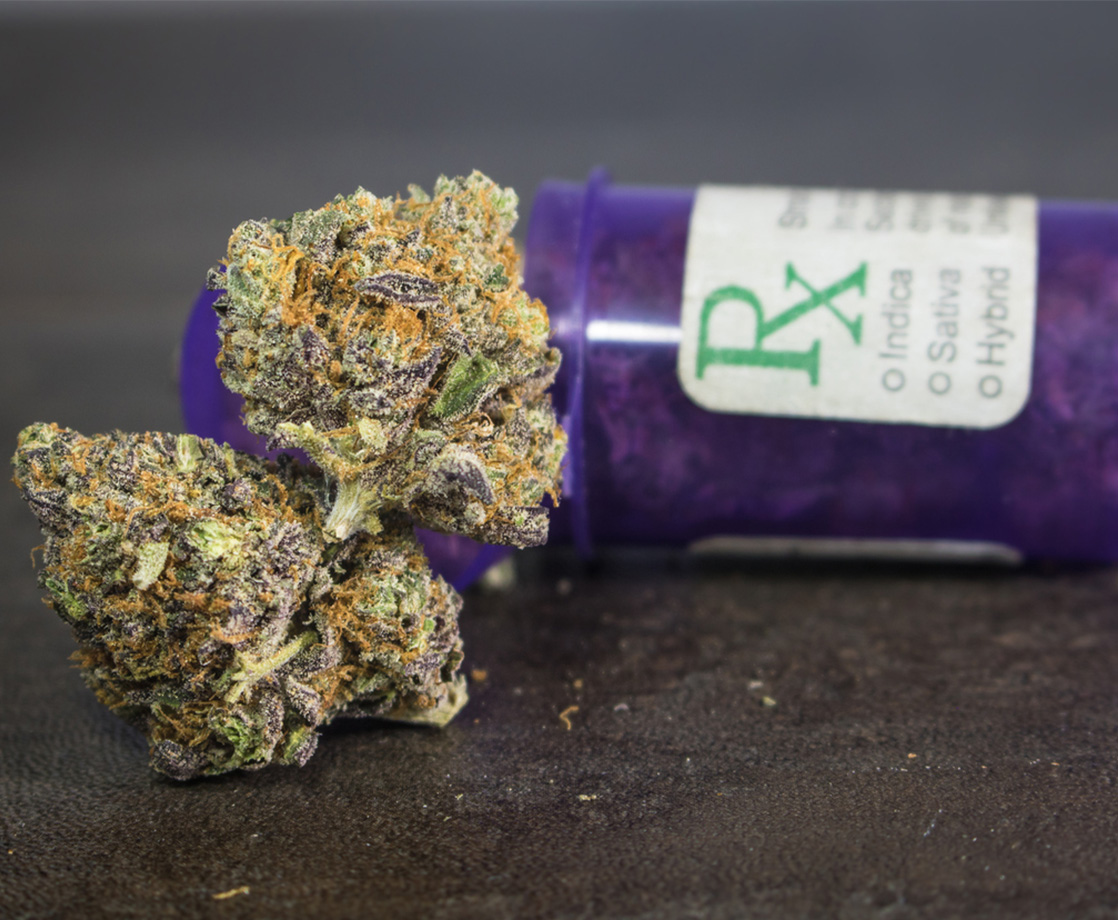Over the next week, as many as 80,000 people are expected to travel out to to the middle of the Black Rock Desert in Nevada to experience this year's Burning Man festival. Since Nevada legalized adult use cannabis sales last year, a record number of Burners have been making dispensary visits in anticipation of their desert trip. Marijuana use is still completely illegal on festival grounds, though, and some Burners have found that their pot shop pit stops have been closely followed by a traffic stop from local cops.
Last year's Burning Man festival was the first to occur after the state legalized recreational sales, and pot shop owners reported record sales, rivaling the amount of weed sold during the 4/20 holiday. "We have been seeing a lot of foot traffic coming in for the recreational side," Sara Murillo, patient intake coordinator at Silver State Relief dispensary, said to the Reno Gazette Journal. "We have a map up where people can pin where they’re coming from. They’re coming from all over the country and all over the world. Hawaii, Canada, a few from Mexico, a few dots that popped over from Australia, a few in Europe."
Although Nevada has legalized the possession and use of cannabis for adults, Burning Man is held on federal land, and is therefore subject to federal, not state, law. Additionally, attendees of the festival must drive through the Pyramid Lake Paiute Tribe land, which is being policed by tribal police as well as the Bureau of Indian Affairs. Federal law supersedes state law, leaving cops free to arrest anyone possessing a small amount of pot that would otherwise be legal in the state.
As Burners began to show up for the festival on Sunday, many reported that they were being stopped by local and federal law enforcement. Festival-goers have also stated that cops are pulling over both commercial and private vehicles, for infractions as minor as a partially-obscured license plate or exceeding the speed limit by 3 mph. In many of these traffic stops, cops have been searching the vehicles with assistance from drug-sniffing dogs.
The festival's organizers immediately took offense to this aggressive policing, writing a letter to federal authorities threatening to sue if law enforcement doesn't back down immediately. "It appears that the BIA (Bureau of Indian Affairs) agents are unconstitutionally targeting attendees of the Burning Man event in violation of their First Amendment rights of free expression and of freedom to assemble," Adam Belsky, special counsel to the Burning Man organization, wrote, according to the Reno Gazette Journal.
"Many of the [traffic stop] tactics are attempts to intimidate and harass travelers who are doing nothing more than passing through the Reservation on a state-maintained highway,” Belsky wrote. “This is unacceptable and this behavior should not be tolerated by agency leaders nor the public.” The festival organizers argued that the traffic stops were already delaying their preparations for the festival, by stopping trucks providing ice and other necessary supplies from reaching the festival grounds in a timely fashion.
The Bureau of Indian Affairs said that they are indeed trying to keep illegal drugs off tribal land, but their focus is on opioids, not pot. BIA spokesperson Nedra Darling said that the stops are part of a recent effort to crack down on opioid abuse on tribal lands, and that it’s only a coincidence that this operation is happening during Burning Man. The BIA insisted that the Pyramid Lake Paiute Tribe agreed to conduct the operation while the festival was happening, but the festival's organizers claim that this is not accurate.
In order to avoid unpleasant interactions with federal authorities, many Burners have been choosing to travel to the venue on official buses run by the festival organizers, hoping that police will be unwilling to search each and every individual on a bus.
The threat of arrest is also changing Burners' pot shopping choices, with several dispensaries reporting a rush on edible cannabis products, which can be concealed more easily than cannabis flower. As Mikel Alvarez, spokesman for Blum dispensary, told the Gazette Journal, “You don't have the smell, and you can enjoy it without bringing attention to yourself.”











